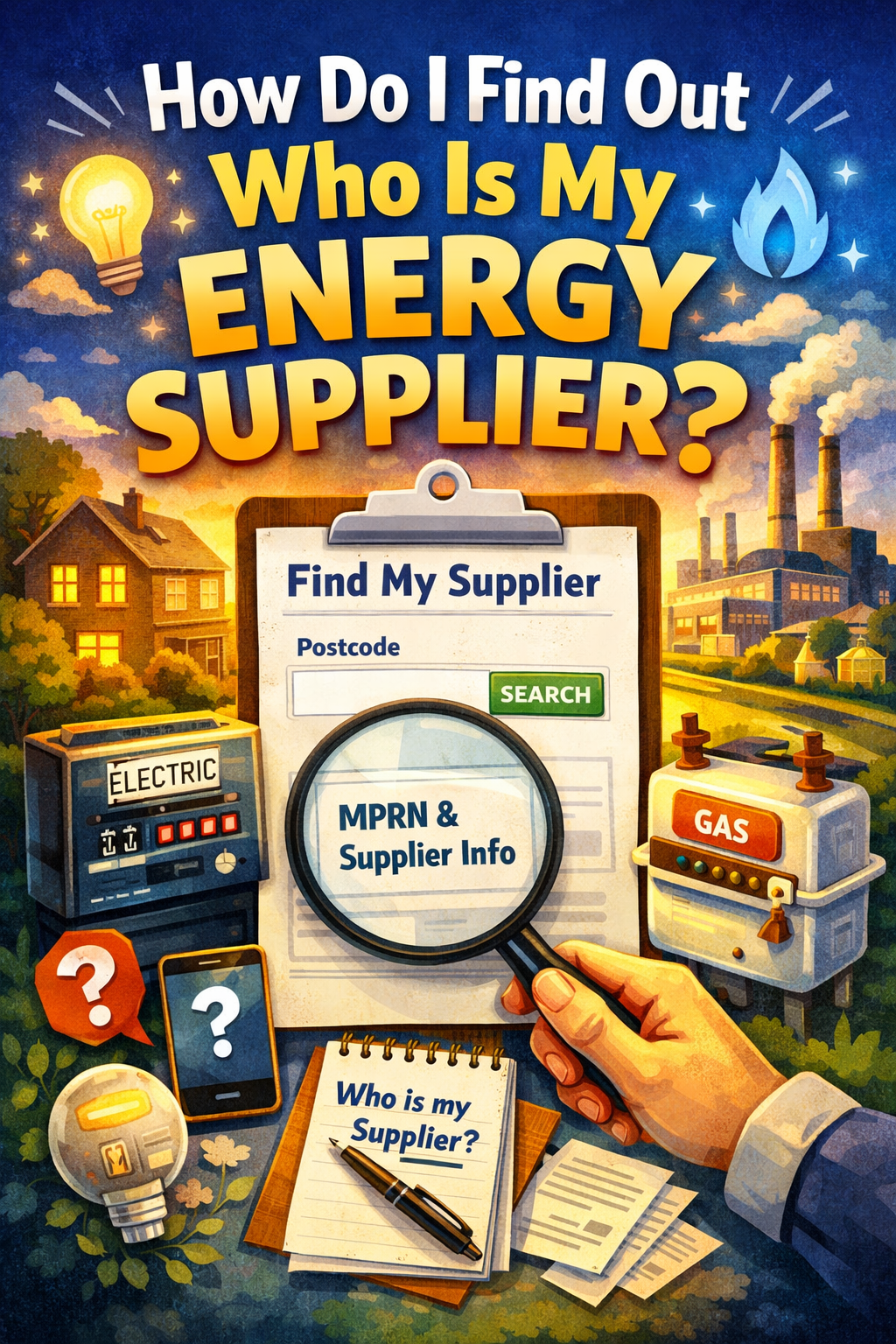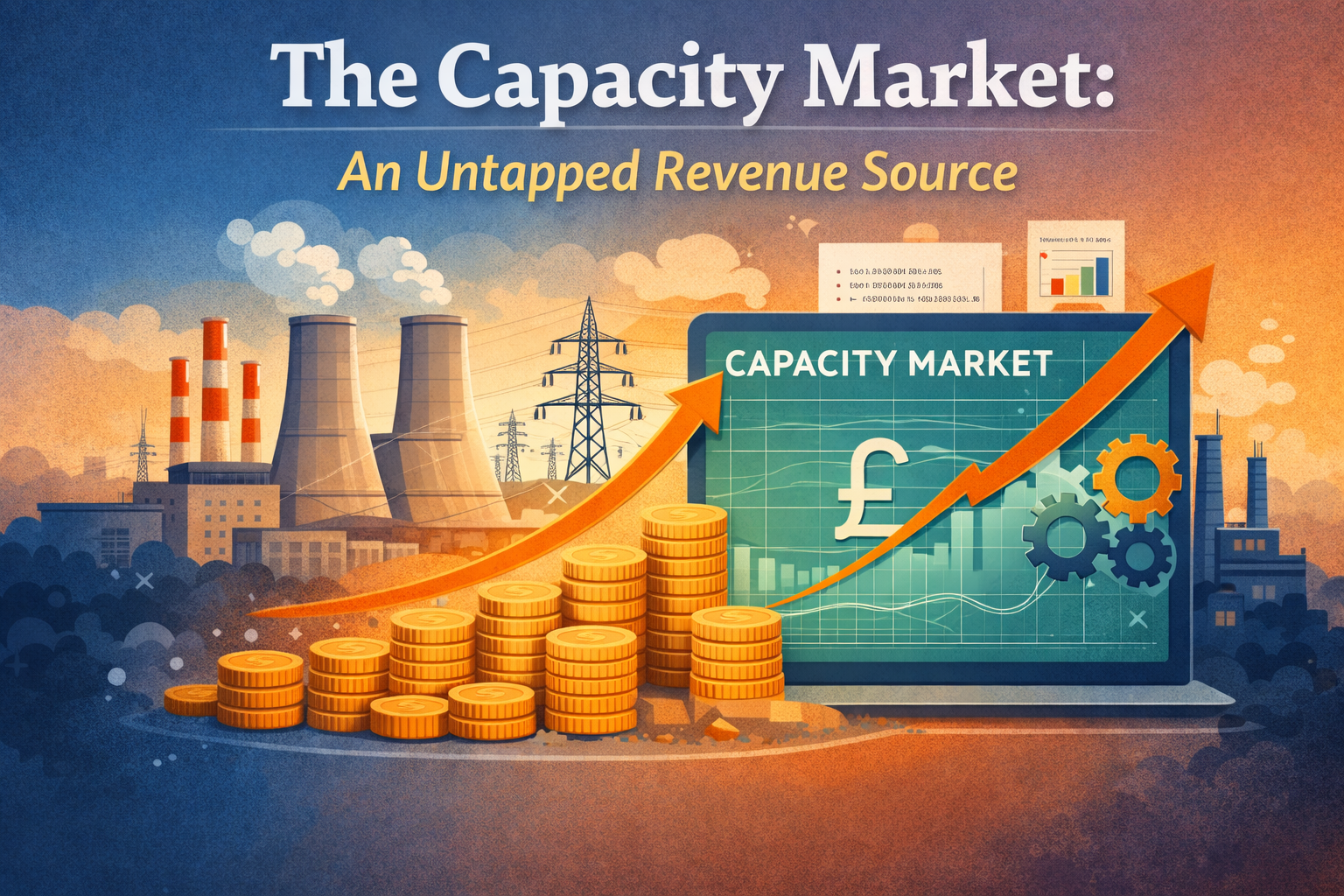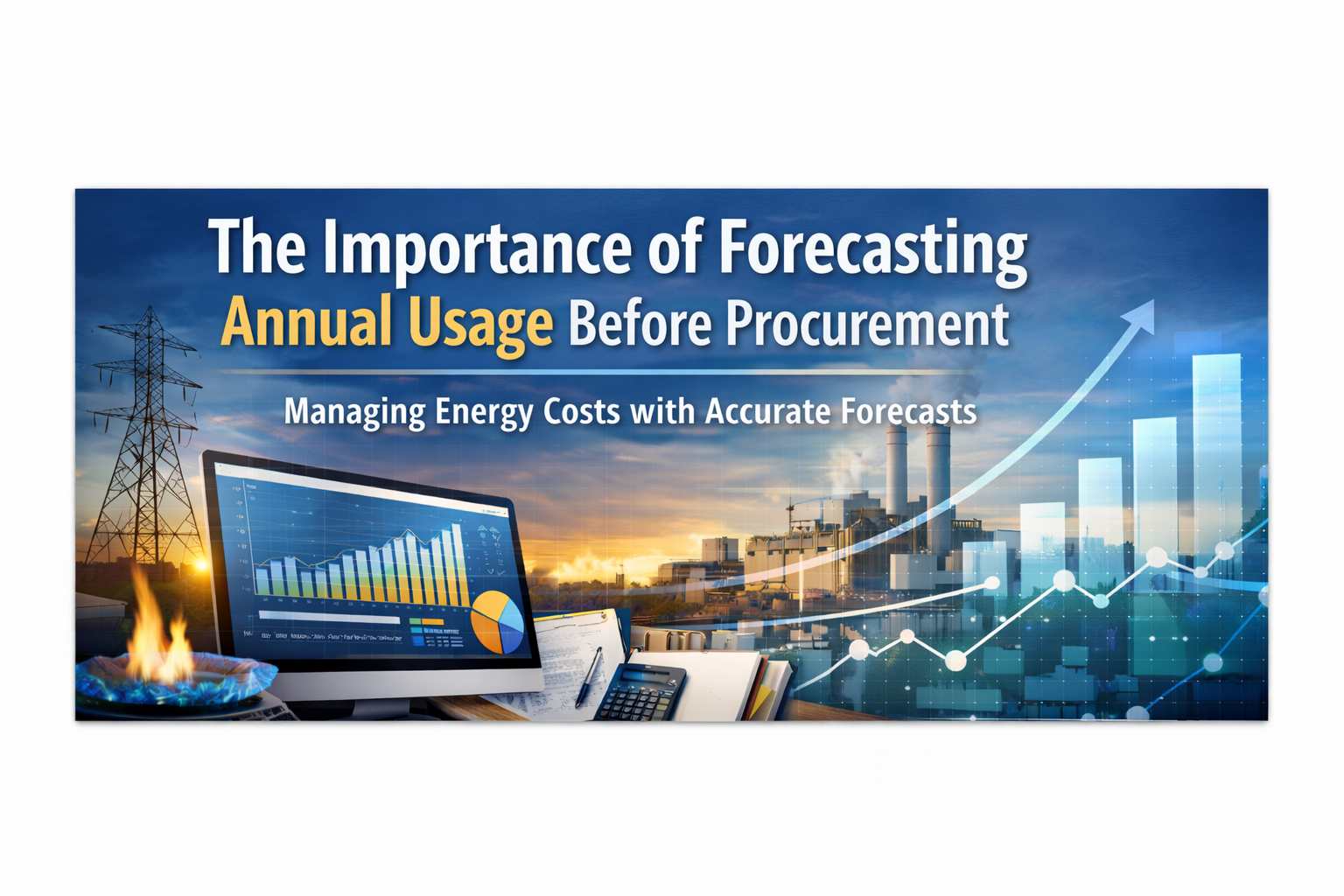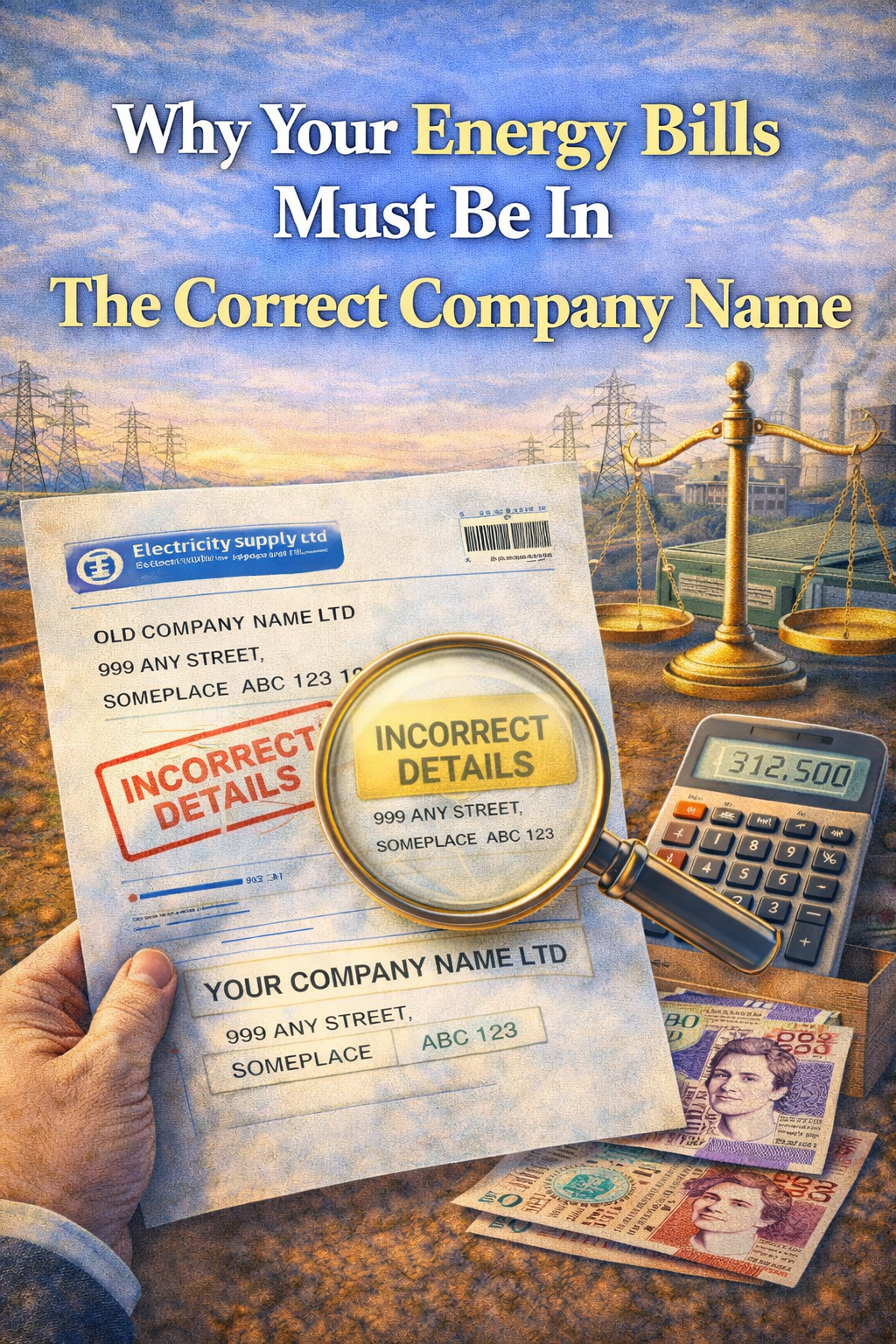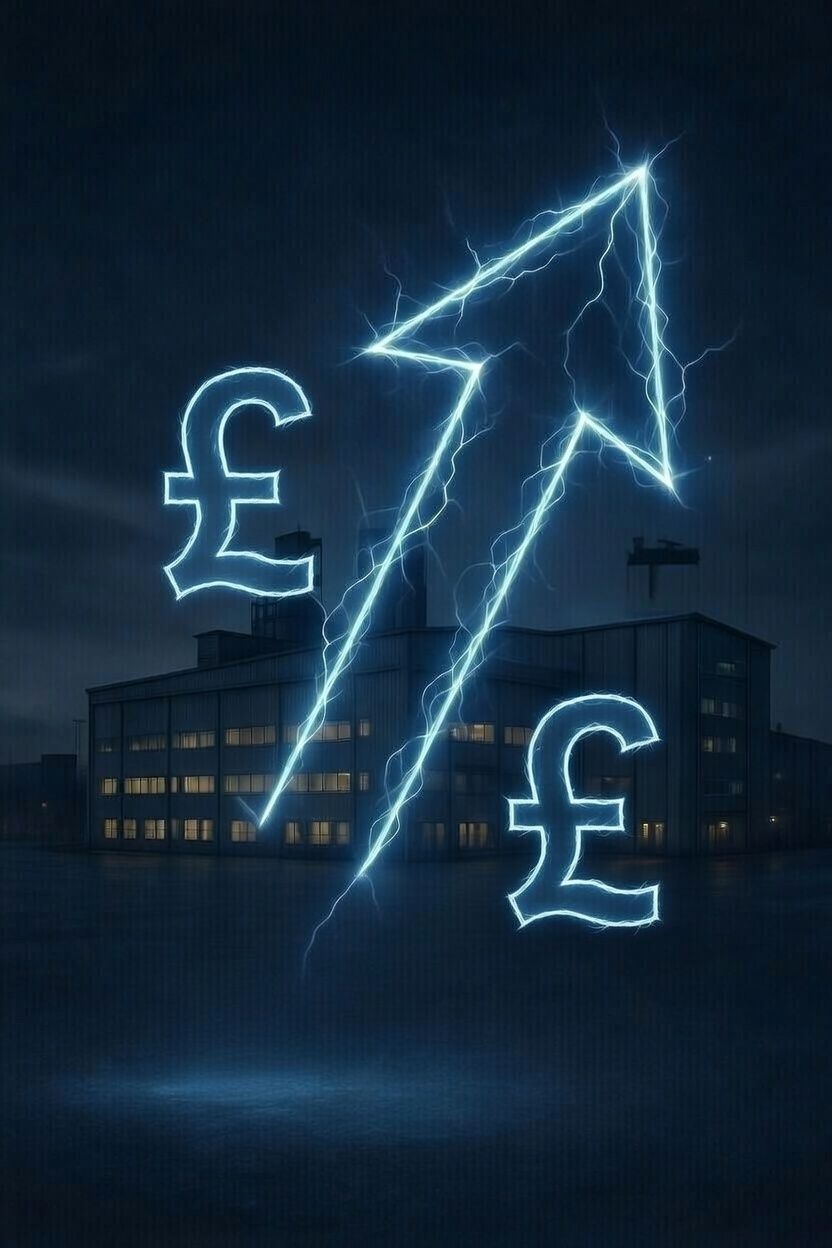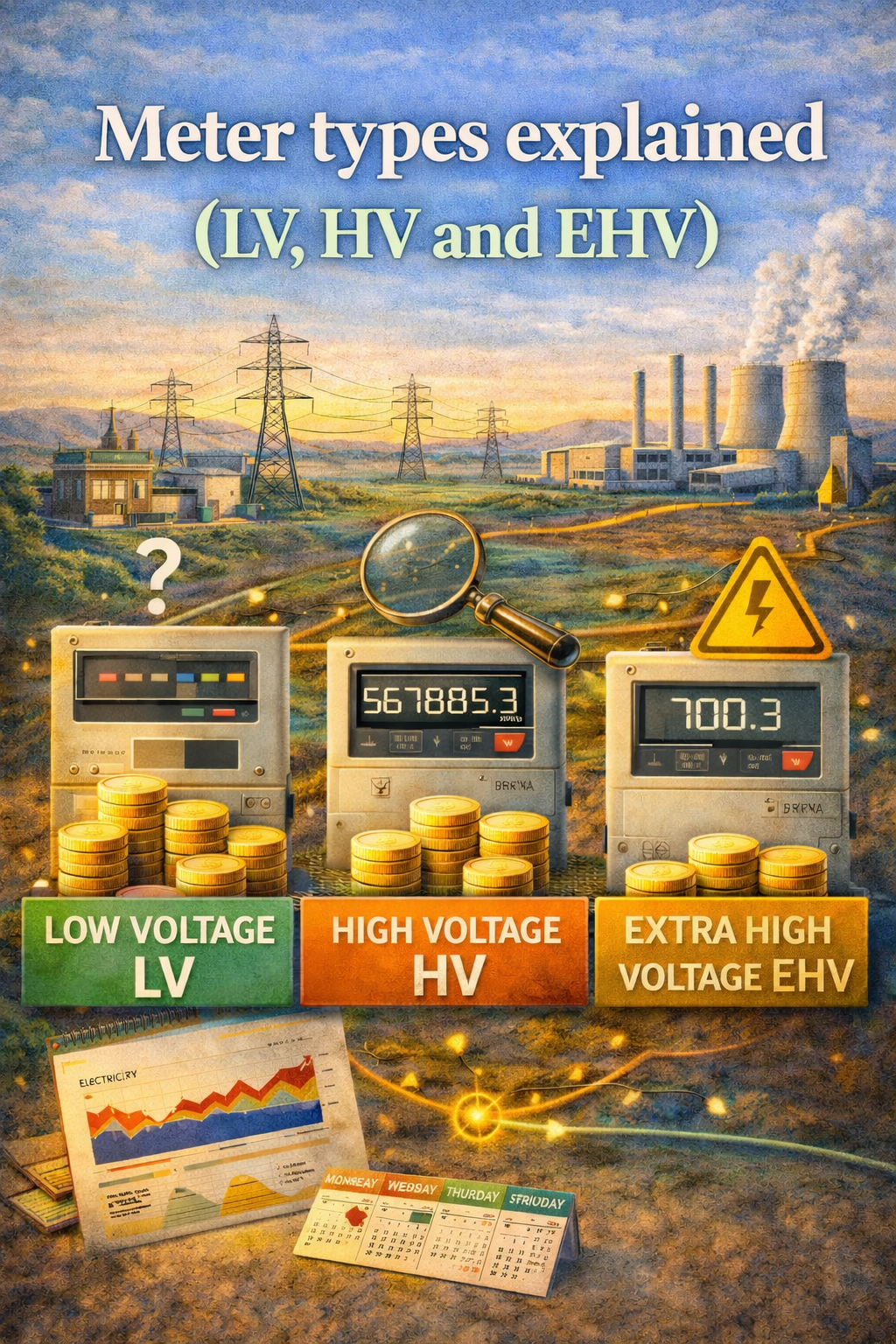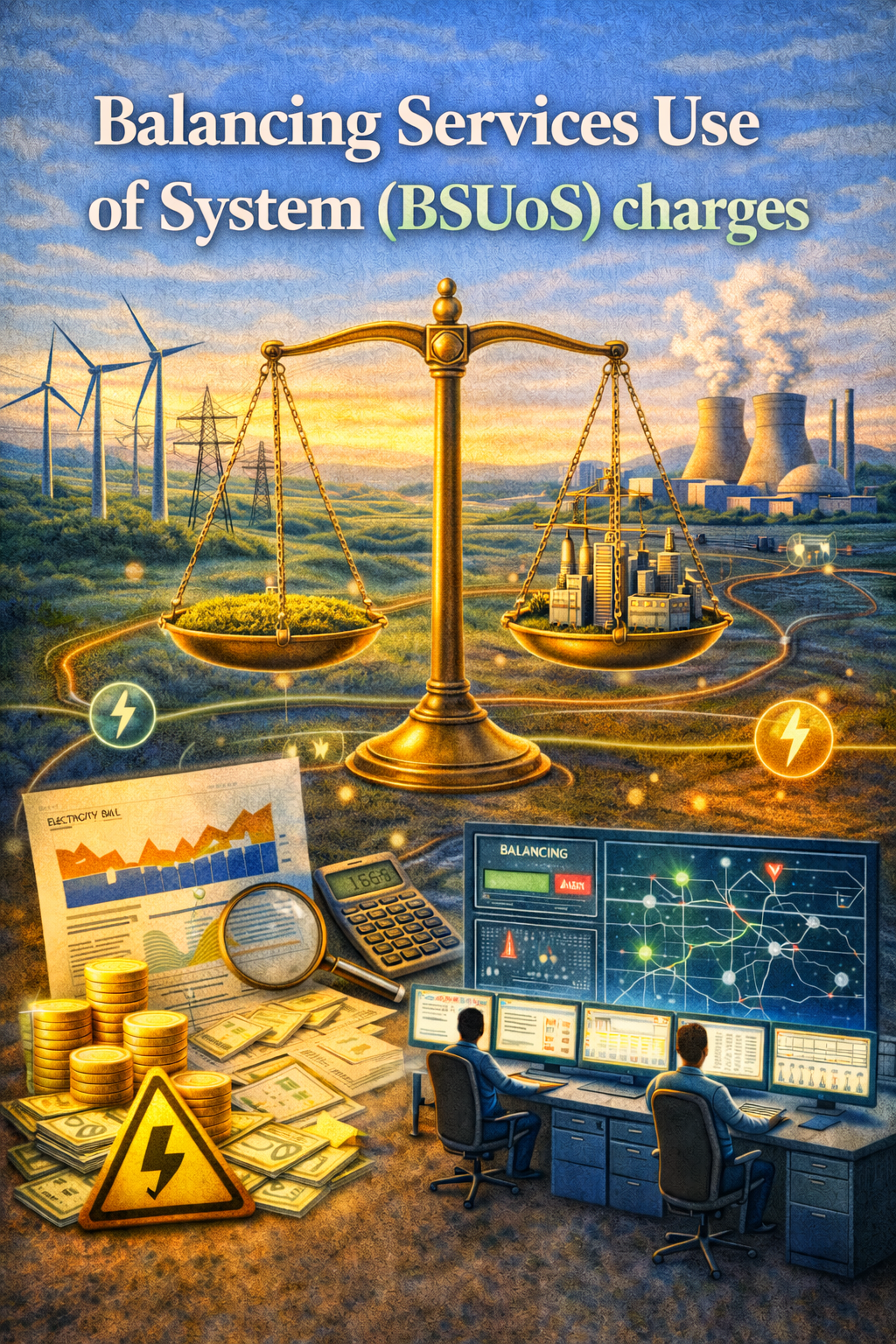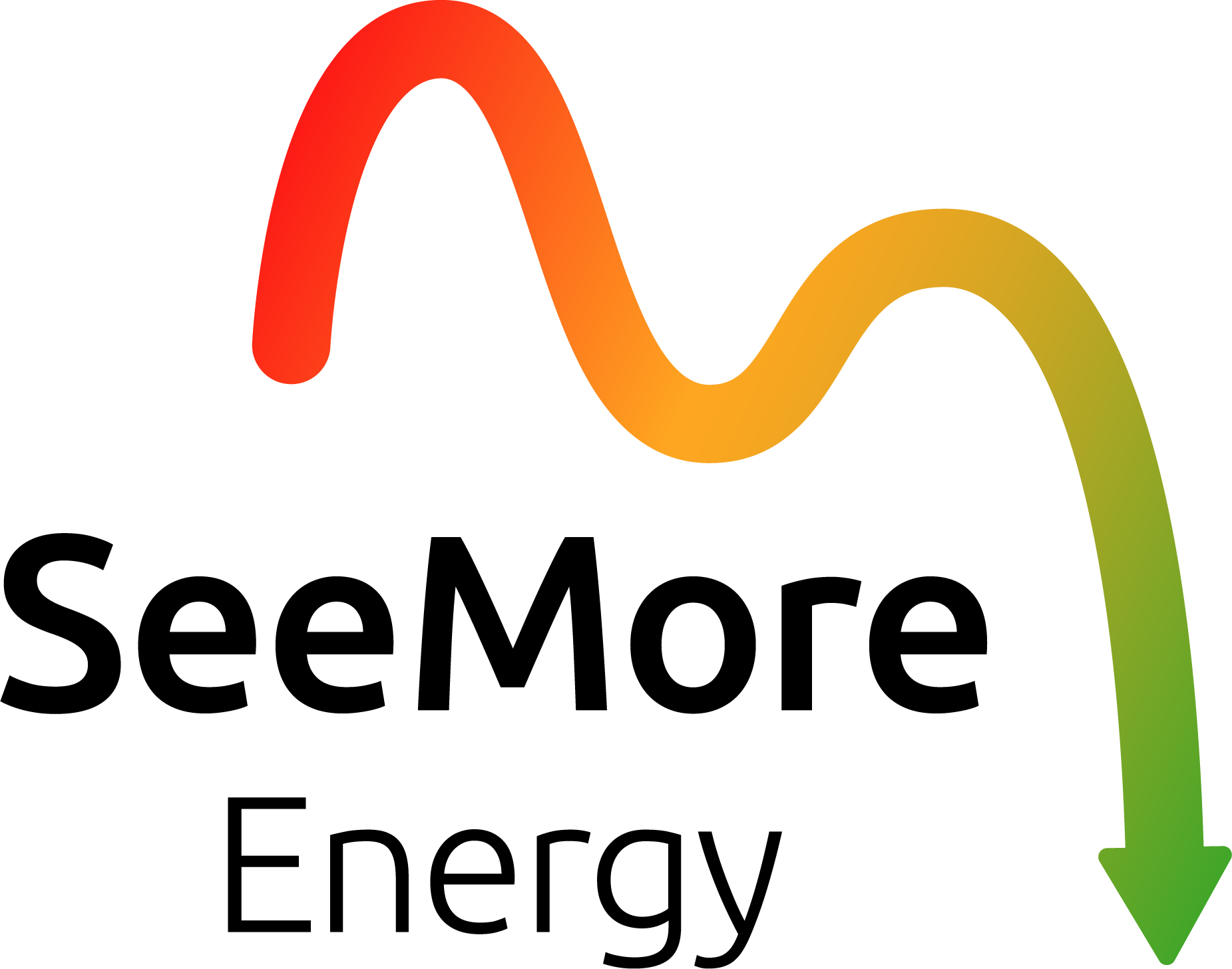Back Billing
Back Billing: Understanding OFGEM Rules and Avoiding Unexpected Energy Costs in the UK
Recently we have been seeing an increase in suppliers issuing invoices for charges that are more than 12 months old. Back billing can catch UK businesses and households by surprise, leading to unexpected energy costs. This guide explains what is back billing, the OFGEM back billing rule, and practical steps to avoid energy back bills.
What Is a Back Bill?
Back billing occurs when an energy supplier issues an invoice for energy used but not previously billed accurately. This could result from missed meter readings, estimated charges, or issues with consumption data. These bills can cover usage from weeks, months, or even over a year, leading to significant unexpected costs for UK energy users.
The 12-Month Back-Billing Rule
The OFGEM back billing rule protects domestic energy users and microbusinesses in the UK. Under OFGEM regulations, suppliers cannot charge for energy used more than 12 months ago if:
- You never received an accurate bill for that period, even after requesting one.
- You were not informed of charges through a statement of account.
- Your Direct Debit was set too low to cover actual usage, and the supplier failed to adjust it.
This OFGEM back billing rule ensures suppliers cannot unfairly burden customers with old charges due to their own errors.
Exceptions to the OFGEM Back Billing Rule
You may be liable for charges older than 12 months if the billing issue is your fault. For instance, if you deliberately prevented meter access or ignored billing requests, suppliers can back-bill for up to six years. Understanding these exceptions can be key to managing back billing on UK energy invoices.
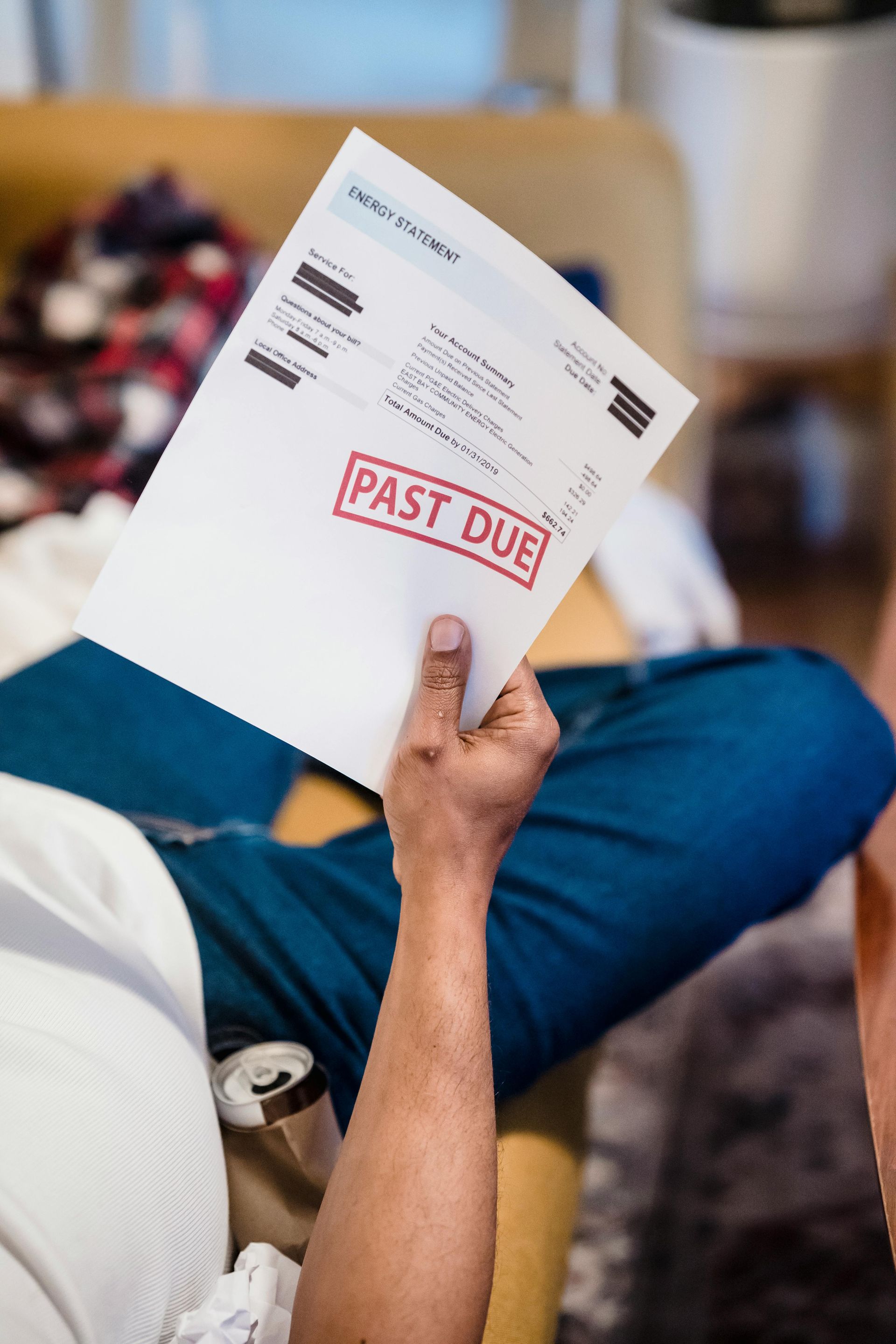
How to Handle a Back Bill
If you receive a back bill, follow these steps to ensure compliance with the OFGEM back billing rule:
- Check the 12-Month Limit: Verify if the charges are for energy used over 12 months ago. If the supplier is at fault, you’re not obligated to pay for older charges under OFGEM rules.
- Contact Your Broker or Supplier: If you use an energy broker, they can verify which charges are valid. Alternatively, contact the supplier directly, citing the OFGEM back billing rule, and request a revised bill.
- Keep Detailed Records: Save bills, emails, and photos of meter readings. These are essential for resolving disputes and avoiding unfair back billing energy UK.
How SeeMore Energy Can Support You
We recognise the stress that back billing can bring. At SeeMore Energy, we go beyond advice:
- We help you analyse contract terms, standing charges, Direct Debit levels, and usage profiles to ensure accuracy from the start.
- Should a back bill arise, we guide you through each step: Whether negotiating with the supplier quoting the OFGEM back billing rule or escalating to ombudsmen.
- Our industry insight means you don’t just deal with the bill -- you understand it. Allowing for both budgeting and efficiency.
We are also currently offering a Free Trial for our Bill Validation Service where each month we ensure every part of your invoices are correct.
Tips to Avoid Back Bills in the Future
- Get a smart meter: It allows the supplier to receive direct readings without the need for estimates and manual reads. Many suppliers will offer smart meter upgrades without charge.
- Submit regular readings: If you don’t have a smart meter, record and send your usage consistently – preferably on the last day of the month.
- Review all bills carefully or use a Bill Validation service: Check meter numbers, usage, dates, and charges. Be aware of which Non-commodity charges you should pay, how they are calculated, and when they change. This is especially important after a move or supplier change.
- Keep your supplier informed: Notify them if you move, change meters, or need to revise a Direct Debit in light of actual usage.
Understanding back billing and the OFGEM back billing rule empowers you to manage energy costs effectively. By staying proactive and leveraging expert support, you can avoid energy back bills and ensure billing accuracy. If you're unsure of your rights or how to act, contact us today at SeeMore Energy, and we will help you with any billing issues you may have.
Contact Us

